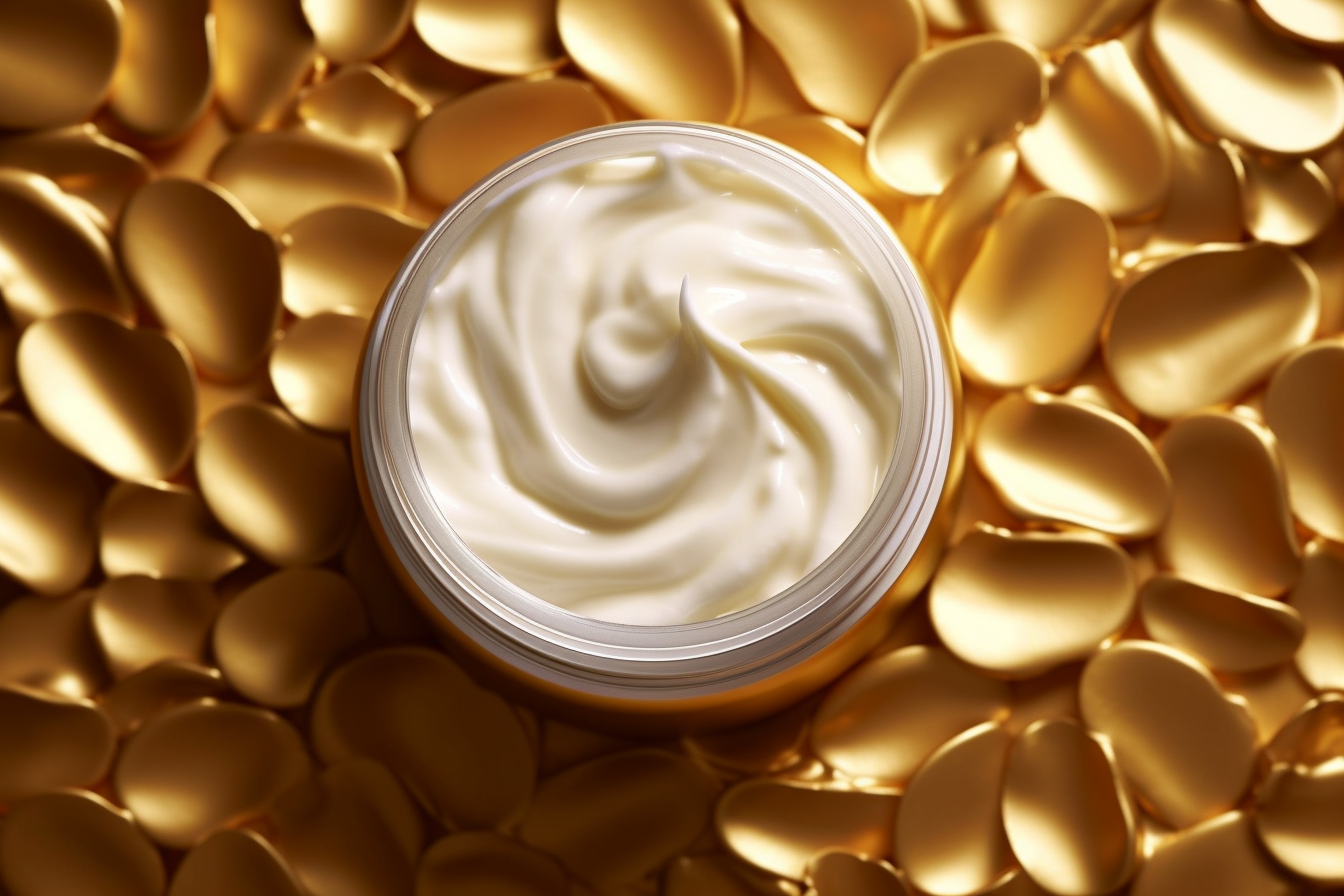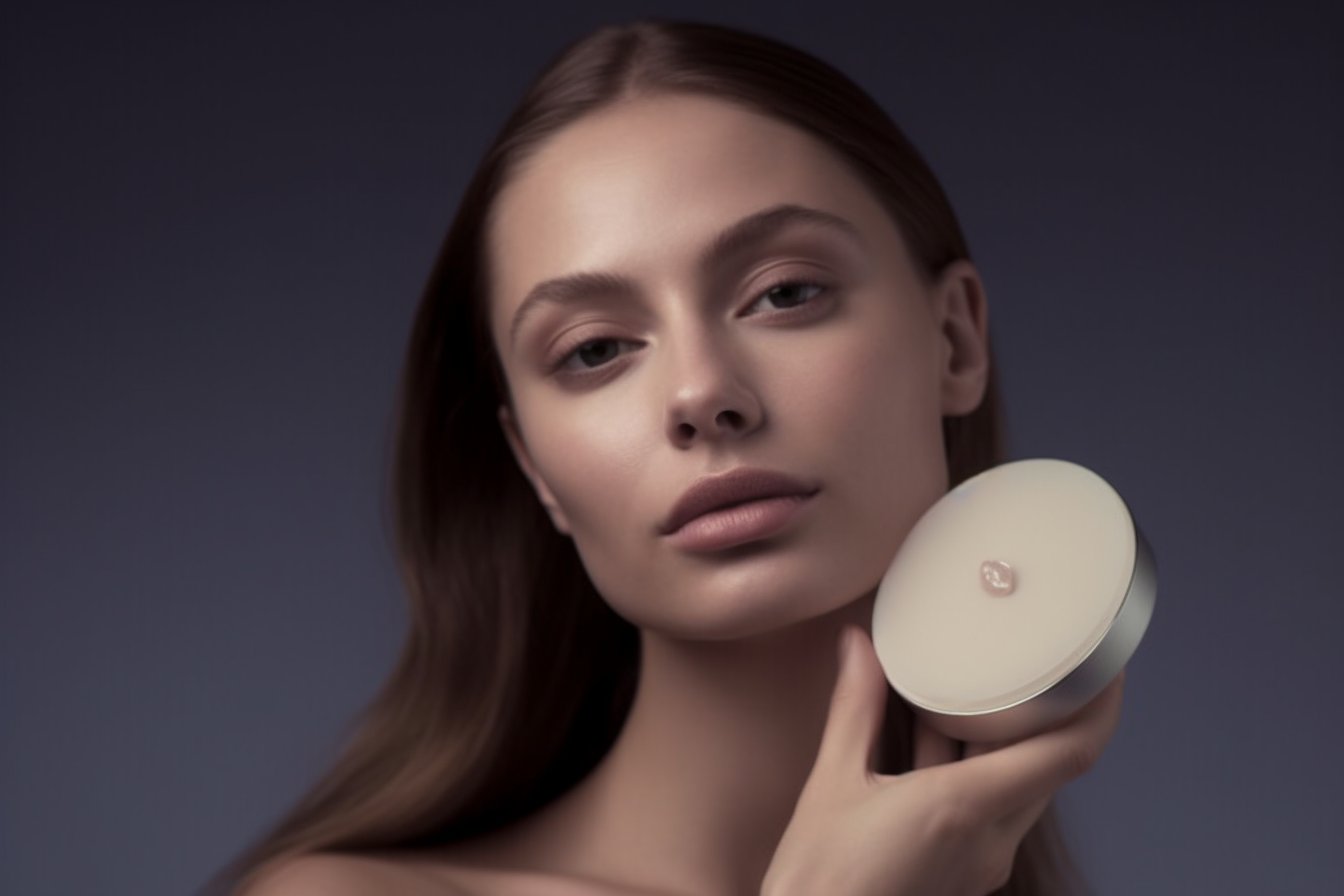Retinol is a potent derivative of vitamin A that has been used in skincare products for decades. It is a popular ingredient in anti-aging products due to its ability to reduce the appearance of wrinkles, improve skin texture and tone, and stimulate collagen production. Retinol is also known to help fade dark spots, minimize pores, and reduce cellulite.
Despite its popularity, it is important to approach retinol with caution and follow proper application techniques to avoid skin irritation. This article will explore the benefits and potential side effects of retinol, as well as provide tips on how to incorporate it into your skincare routine for optimal results.
By understanding the science behind retinol and how to use it effectively, readers can take control of their anti-aging skincare routine and achieve their desired results.
Key Takeaways
- Retinol is a vitamin A derivative used for anti-aging purposes that can improve skin texture, reduce wrinkles, stimulate collagen production, and more.
- Bakuchiol is a plant-based retinol alternative with similar effects, as well as other alternatives like vitamin C, peptides, and niacinamide.
- Retinol should be used slowly, with a pea-sized amount at night followed by moisturizer, to avoid irritation and dryness.
- Consulting with a dermatologist or skincare professional is important to determine the best anti-aging ingredient for individual skin concerns and sensitivities.
What is it?
Retinol, a form of vitamin A used topically for anti-aging purposes, has been found to provide numerous benefits to the skin. These benefits include reducing wrinkles, improving skin texture and tone, stimulating collagen production, increasing cell turnover, fading dark spots, minimizing pores, and reducing cellulite.
Retinol is found naturally in animal products such as liver, fish, and eggs. However, it can also be synthesized in a lab and added to skincare products.
While retinol is a popular anti-aging ingredient, there are alternatives available for individuals who may have sensitivity to it. Retinol alternatives include bakuchiol, a plant-based ingredient that has been found to have similar effects to retinol without the potential for irritation. Other alternatives include vitamin C, peptides, and niacinamide.
It is important to consult with a dermatologist or skincare professional to determine the best anti-aging ingredient for individual skin concerns.
Benefits and Uses
The topical application of vitamin A has been found to offer a range of benefits for the skin.

Retinol, a type of vitamin A, is a popular skincare ingredient used to reduce wrinkles, improve texture and tone, stimulate collagen production, increase cell turnover, fade dark spots, minimize pores, and reduce cellulite.
These benefits are achieved by promoting the production of new skin cells, reducing the breakdown of collagen, and increasing blood flow to the skin.
Retinol is a versatile ingredient that can be used in a variety of skincare products, including creams, serums, and masks.
However, it is important to note that retinol can cause dryness, redness, and irritation, especially when first starting to use it.
Retinol alternatives, such as bakuchiol, are available for those with sensitive skin.
Additionally, pairing retinol with other skincare ingredients, such as hyaluronic acid or niacinamide, can help maximize its benefits while minimizing its potential side effects.
Application Tips and Side Effects
When using vitamin A topically, it is important to start slowly and use a pea-sized amount at night, followed by moisturizer, to avoid irritation. Retinol sensitivity can lead to dryness, redness, and irritation, especially for those with sensitive skin. It is recommended to increase the frequency as the skin adjusts and to stop using the product if experiencing severe side effects.
For those who are sensitive to retinol, there are alternative anti-aging ingredients that can be used instead. These ingredients include antioxidants like vitamin C and E, hyaluronic acid, and peptides. It is important to consult with a dermatologist or skincare professional to determine the best anti-aging ingredients for individual skin concerns and sensitivities.
Frequently Asked Questions
Can retinol be used during pregnancy or while breastfeeding?
Retinol is a popular skincare ingredient known for its anti-aging properties, but its use during pregnancy and breastfeeding is a topic of concern. The limitations of retinol use during pregnancy and breastfeeding are largely due to safety concerns.
Studies have shown that high doses of vitamin A, of which retinol is a form, can be harmful to developing fetuses. While there is no clear evidence that topical application of retinol is harmful during pregnancy and breastfeeding, it is recommended to err on the side of caution and avoid its use altogether.
Additionally, retinol can be absorbed into breast milk, potentially exposing infants to the ingredient. Therefore, it is important to consult with a healthcare provider before using retinol during pregnancy or while breastfeeding.
Are there any specific products or ingredients that should not be used with retinol?
Retinol compatibility is an important consideration when incorporating this ingredient into a skincare routine. While retinol is known for its anti-aging benefits, common misconceptions exist regarding its compatibility with other products and ingredients.
It is generally recommended to avoid using retinol in combination with other exfoliants or acids, as this can lead to increased sensitivity and irritation. Additionally, it is important to avoid using retinol with products that contain benzoyl peroxide, as this can decrease the effectiveness of retinol.
It is also important to note that retinol should not be used with prescription retinoids or during pregnancy or breastfeeding.
By following these guidelines, retinol can be safely incorporated into a skincare routine to achieve its many benefits.
How long does it take to see results from using retinol?

Retinol is a popular anti-aging skincare ingredient that has been shown to improve skin texture, reduce wrinkles, stimulate collagen production, and fade dark spots.
However, the time it takes to see results from using retinol can vary depending on the individual’s skin type and the concentration of the product.
Typically, it can take anywhere from 4-12 weeks of consistent use to see noticeable improvements in the skin.
It is important to note that retinol should be avoided during pregnancy and precautions should be taken to avoid excessive sun exposure when using retinol products.
Overall, while results may not be immediate, consistent use of retinol can lead to significant improvements in the appearance and health of the skin.
Is there a difference between prescription strength retinol and over-the-counter retinol products?
Prescription potency of retinol refers to the concentration of the active ingredient, and it is only available with a doctor’s prescription.
Over-the-counter retinol products, on the other hand, have lower concentrations of the active ingredient.
However, prescription potency does not necessarily equate to higher effectiveness, as each individual’s skin reacts differently to retinol. Retinol myths, such as the belief that higher concentrations of the active ingredient are always better, must be separated from facts.
It is important to note that prescription potency retinol products have been rigorously tested and have demonstrated efficacy in clinical studies.
Nonetheless, over-the-counter retinol products can also provide visible anti-aging benefits when used consistently and as directed.
Ultimately, the decision to use prescription strength retinol versus over-the-counter products depends on personal preference and skin sensitivity.
Can retinol be used on all skin types or is it recommended for certain skin types only?
Skin type suitability is an important consideration when incorporating retinol into a skincare routine. While retinol is generally safe for most skin types, those with sensitive skin may experience side effects such as dryness, redness, and irritation. It is recommended to start with a low concentration of retinol and gradually increase frequency as the skin adjusts.
Those with oily and acne-prone skin may benefit from using retinol as it can help to unclog pores and reduce breakouts. However, individuals with dry skin should be cautious and ensure to use a moisturizer after applying retinol to prevent further dryness.
Overall, it is important to consult with a dermatologist to determine the best retinol product and concentration for individual skin concerns and types.
